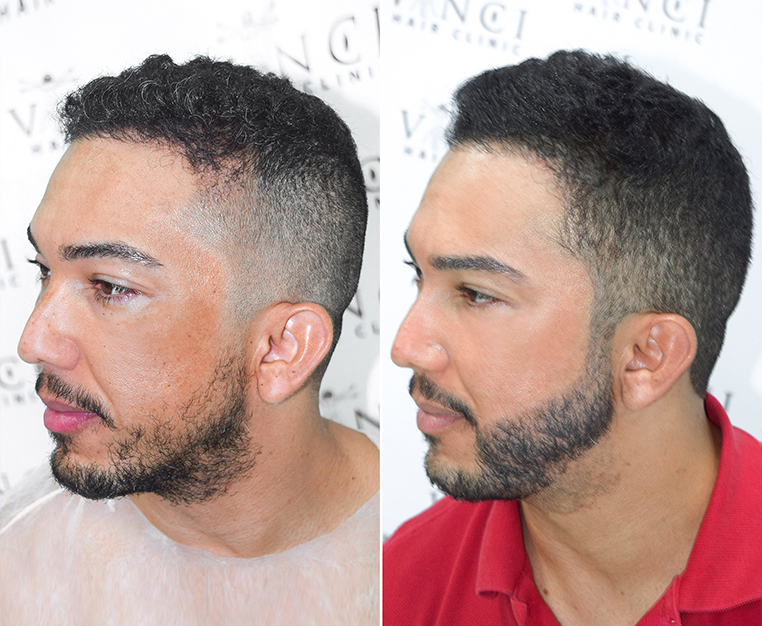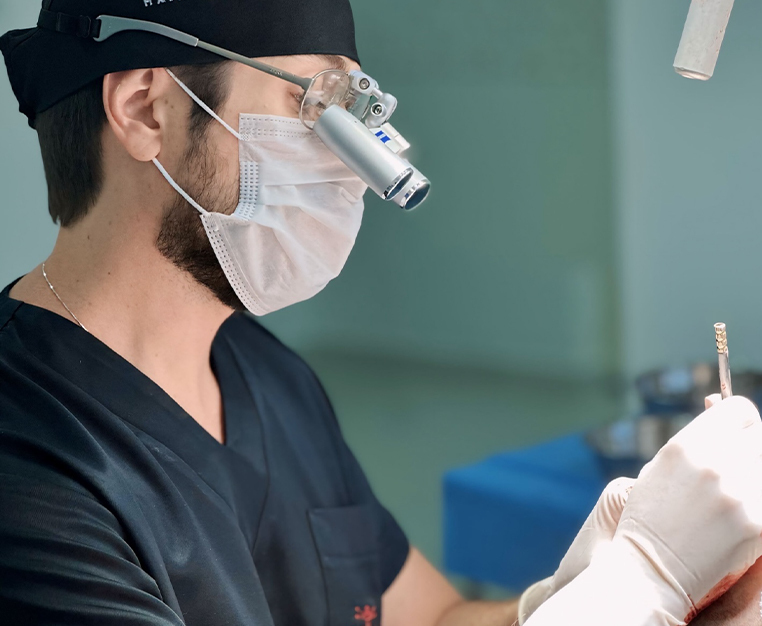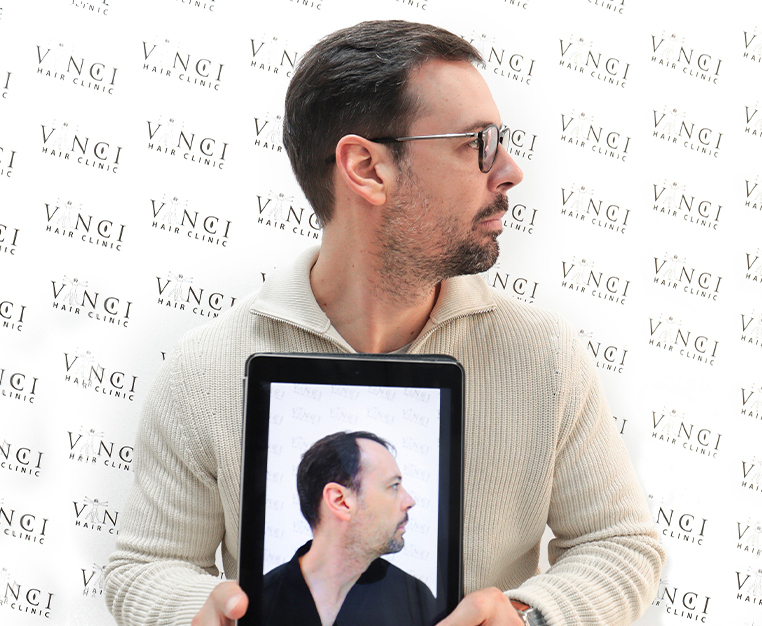The COVID-19 pandemic has affected our lives in numerous ways, leaving behind a trail of physical and emotional effects. While the virus primarily affects the respiratory system, its consequences have extended beyond that, including an unexpected consequence – hair loss. While hair loss can be distressing, understanding the connection between COVID-19 and hair loss become essential, along with implementing effective coping strategies. In this article, we will explore the potential causes of hair loss related to COVID-19 and provide effective coping strategies to navigate this challenging situation.
The Link Between COVID-19 and Hair Loss:
COVID-19 is caused by the severe acute respiratory syndrome coronavirus (SARS-CoV-2), and while it mainly targets the lungs, the virus can cause systemic inflammation, affecting various organs and systems in the body, including the hair follicles.
- Telogen Effluvium: One of the most common types of hair loss associated with COVID-19, arises due to significant stress on the body, such as the physiological stress caused by a viral infection. During telogen effluvium, a larger number of hair follicles than usual enter the resting phase (telogen), leading to excessive hair shedding. Fortunately, telogen effluvium is usually temporary, and hair growth resumes once the body recovers from the stress.
- Immune Response: Hair loss can also be triggered by the body’s immune response to the virus. COVID-19 prompts the immune system to go into overdrive, which can result in a condition called alopecia areata. In this autoimmune disorder, the immune system mistakenly attacks the hair follicles, causing hair to fall out in patches.
- Nutritional Deficiencies: The pandemic has affected many aspects of our lives, including dietary habits. Some people may experience nutritional deficiencies due to inadequate diets during lockdowns or quarantine periods. Lack of essential nutrients can contribute to hair loss and exacerbate existing hair health issues.
- Medications: As well as nutritional deficiencies, some medications prescribed during COVID-19 treatment may have hair loss as a side effect.
- Psychological Stress: COVID-19 has brought about unprecedented levels of psychological stress and anxiety for many individuals. Prolonged stress can disrupt the normal hair growth cycle and contribute to hair loss.
Coping Strategies for COVID-19-induced hair loss:
While dealing with hair loss during a pandemic can be distressing, several coping strategies can help individuals navigate this challenging period and support hair regrowth:
- Seek Professional Advice: If you experience excessive hair shedding or notice bald patches, consult a dermatologist or a hair specialist. At Vinci Hair Clinic, we can diagnose the underlying cause of hair loss and recommend appropriate treatments or lifestyle changes.
- Prioritise Nutrition: Maintaining a balanced diet is crucial for overall health, including hair health. Ensure your diet includes a variety of nutrient-rich foods like fruits, vegetables, lean proteins, and healthy fats. Consider incorporating supplements like the Vinci Vitruvian line to ensure your body gets the full array of nutrients needed to produce healthy hair.
- Manage Stress: Finding healthy ways to manage stress can be beneficial for both your mental well-being and hair health. Engage in regular exercise, sufficient sleep, and relaxation techniques such as meditation, yoga, deep breathing exercises, or hobbies that bring you joy.
- Avoid Overstyling: While waiting for your hair to recover, try to minimise styling practices that could further damage your hair. Avoid using hot tools, tight hairstyles, or harsh chemical treatments.
- Stay Hydrated: Hydration is essential for healthy hair growth. Drink plenty of water throughout the day to maintain proper hydration levels.
- Psychological Support: Engage in support groups or counselling to address the emotional impact of hair loss and boost self-confidence.
- Explore Hair Restoration Options: Consider non-surgical treatments like topical solutions, laser therapy, or platelet-rich plasma (PRP) therapy to stimulate hair growth.
- Be Patient: Hair regrowth takes time, especially if the underlying cause is related to COVID-19-induced stress or nutritional deficiencies. Be patient with your hair and focus on supporting its recovery.
- Consider Hair Restoration Options: If you’re struggling with hair loss and want to explore more permanent solutions, hair restoration options like hair transplants or scalp micropigmentation can be considered. Vinci Hair Clinic provides advanced hair restoration treatments such as these that can help restore your hair’s natural appearance.
Remember, while hair loss can be an unexpected and distressing consequence of the COVID-19 pandemic. Understanding the link between COVID-19 and hair loss, along with implementing effective coping strategies, is crucial for managing this issue. Remember that hair loss caused by COVID-19 is often temporary, and with proper care and professional guidance, your hair can recover its natural beauty.
If you’re considering more permanent solutions, reach out to reputable hair restoration clinics like us at Vinci Hair Clinic, for our personalised advice and treatment options. We’re one of the leading hair restoration companies in the world, and we’re here for you. We offer a free, no-obligation consultation to all our new clients. So stay strong, stay informed, and let us help you take care of your well-being in these challenging times. Reach out to us today to book your appointment.





